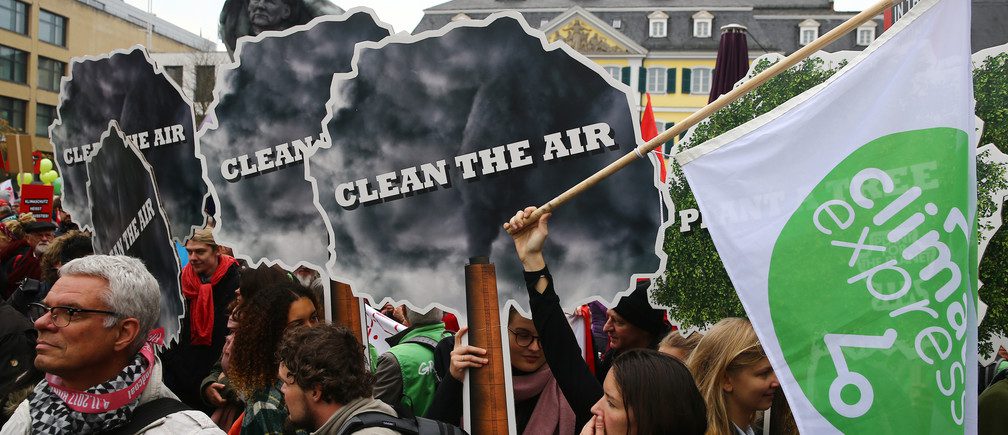
The Role of Government in Combating Climate Change
Climate change is a global issue that requires global action. Governments must provide leadership and implement policies that encourage societal change. They must also respect ecosystems that play key roles in the fight against climate change. For example, forests absorb carbon and wetlands protect coastlines.
Government agencies must consider how their mission and climate actions can benefit each other. This approach will help them achieve the Biden Administration’s bold goals for reducing emissions and improving energy security.
Climate change is a global issue
Climate change is a global issue that impacts all living beings, including nonhuman species. It affects food, water and energy supplies, human health, and natural ecosystems. It also poses a risk to the stability of financial systems. It is therefore crucial for governments to develop policies that integrate climate considerations into economic and social development strategies.
Despite this, many governments have not made significant progress in fighting climate change. However, there are some signs of hope. A recent Pew Research Center survey found that majorities in nearly every nation polled consider climate change a serious problem. Moreover, majorities in most nations polled support their government limiting emissions to help tackle the issue.
Adaptation is a key component of the solution to climate change. This approach protects people’s homes and livelihoods, as well as infrastructure and natural ecosystems. It can save lives and deliver benefits up to 10 times the cost of the initial investment. It can also reduce poverty, increase incomes, and promote greener economies.
It is a political issue
Many people believe that the government should be doing more to combat climate change. But partisan differences remain sharp, with Democrats more likely to say the government is doing too little. This view is echoed by a new national survey by the Pew Research Center.
The economic impact of climate change varies widely, depending on the specifics of local economies and communities. Some industries are particularly vulnerable to the impacts of climate change, including maple sugaring and skiing in the Northeast, oil rigs off the coast of Florida, and shipping on the Great Lakes. Others, such as coal mining, cattle farming, and bottom trawling, may be eliminated completely or scaled back significantly.
Climate action can also benefit businesses that rely on clean energy, such as renewable power and eco-friendly buildings. However, policymakers must consider how these actions might impact the most vulnerable. For example, policies that increase public transport fares or carbon pricing could disproportionately affect poor households, while measures to limit forest logging might have adverse impacts on indigenous communities that depend on forestry for their livelihood.
It is a social issue
In the United States, majorities see a range of actors — from corporations and energy companies to politicians and local governments — as doing too little to reduce climate impacts. However, most Americans support government policies to reduce emissions from large businesses and consumers, and to encourage alternative energy sources and efficiency measures.
Climate change is a social issue because the people who will feel its impact are those with less income and bargaining power. They lack the money to adapt, and they are especially vulnerable to shocks that cut off their primary source of income. These include drought, floods, and hurricanes, which can destroy crops and deprive them of food.
Policymakers need to understand that climate change is a complex issue with many interconnected causes. This will help them design climate policies that do not impose unintended financial burdens on poor households. For example, policies that increase public transportation fares or carbon prices could hurt the poorest households if they are not well designed.
It is an economic issue
Despite ongoing global efforts to raise awareness of climate change, governments are failing to take action. This is partly due to the COVID-19 pandemic, but the upcoming COP26 should focus leaders’ attention on a crucial issue that, if ignored, could accelerate the sixth mass extinction. This means that we must spend less time criticizing politicians and more on building coalitions that will push them to take climate action.
Many policies can be used to tackle climate change, including limiting companies’ greenhouse gas emissions, providing incentives for consumers to purchase energy efficient appliances, and encouraging people to drive electric vehicles. However, these efforts must be combined with broader strategies to reduce poverty and inequality, which exacerbate the effects of climate change.
In the United States,climate damage will disproportionately affect low-income communities, particularly those in southern, coastal counties. This is because climate change damages are exacerbated by geographic disadvantage, which often combines with racial disparity.
For more article>https://www.climatechallange.com/why-we-should-act-now-for-our-climate/